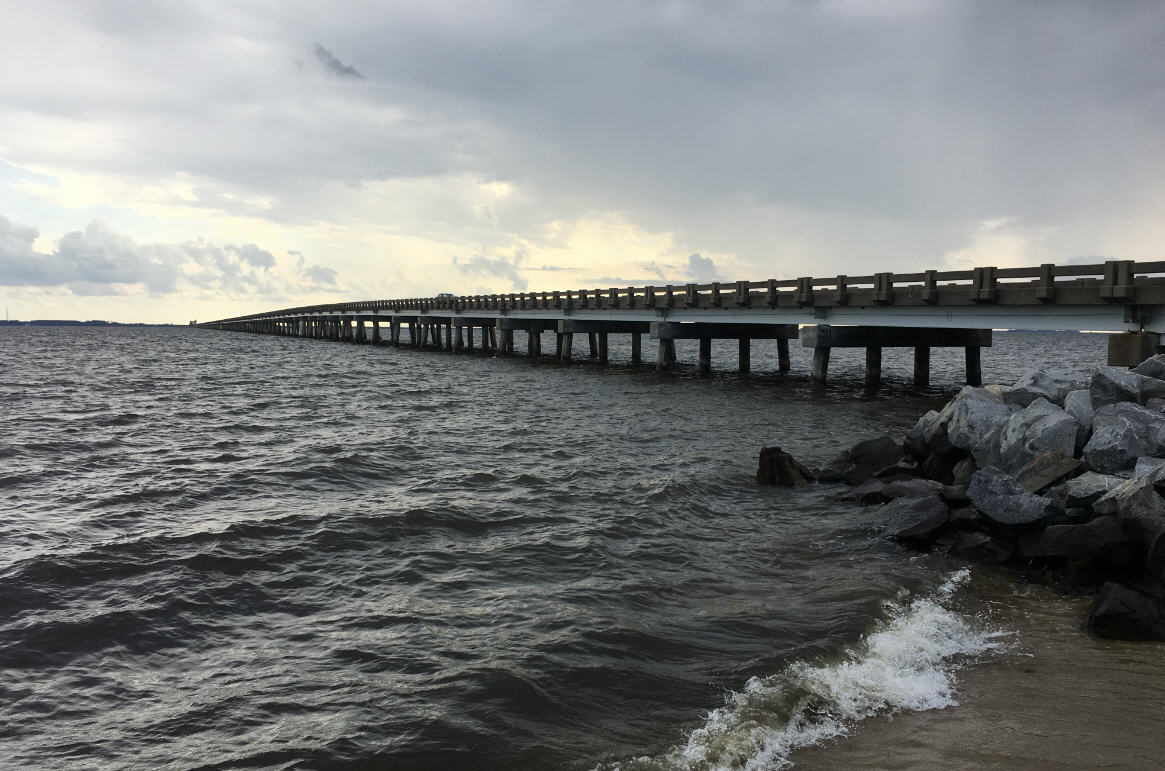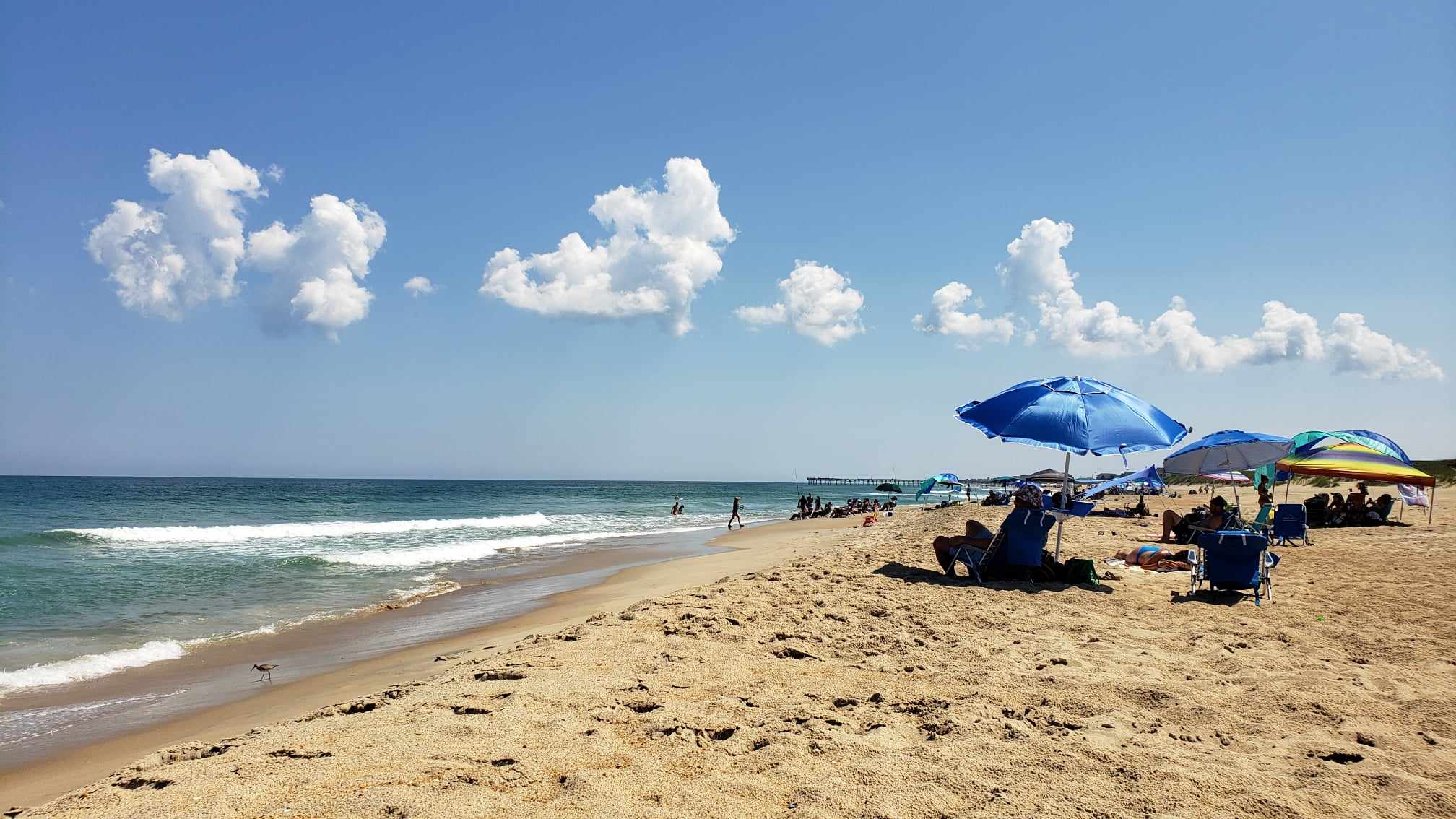Access groups lose second effort to stop critical habitat for piping plovers By IRENE NOLAN
By IRENE NOLAN
By IRENE NOLAN
A federal judge in Washington, D.C., yesterday denied a motion by the Cape Hatteras Access Preservation Alliance (CHAPA) to block the U.S. Fish and Wildlife Service’s latest attempt to declare parts of the Cape Hatteras National Seashore critical habitat for wintering piping plovers.
U.S. District Chief Judge Royce Lamberth ruled that the Fish and Wildlife Service did not impose unnecessary restrictions or infringe of the right of Outer Banks business owners when it established the critical habitat designation for the shorebird that is listed as threatened under the Endangered Species Act.
Environmental groups, which were defendant-intervenors in the CHAPA lawsuit against the Fish and Wildlife Service over the critical habitat designation, viewed the decision as a victory.
“Cape Hatteras is unique. It’s one of the few places on the East Coast that hosts piping plover activity all year round,” said Jason Rylander, staff attorney for Defenders of Wildlife.
“Critical habitat designation will provide a crucial, additional layer of protection throughout the year.”
CHAPA officials said they are “disappointed” and worried about what the “additional layer of protection” might mean.
What they see are more sweeping beach closures than the seashore has seen since the park has been managed under terms of a court-sanctioned consent decree that became effective in the spring of 2008.
John Couch, president of the Outer Banks Preservation Association, said the extra layer isn’t necessary and could affect off-road recreational vehicle and pedestrian access to the seashore’s public beaches.
“The amount of money spent on this bird and how it equates to preventing beach access in a tourist economy is unforgivable,” Couch said. “These birds don’t need over-protection. That chokes off the economy.”
Advocates of public access to the seashore’s beach are worried that the critical habitat designation for wintering plovers will eventually result in more beach closures – on the heels of the large closures that are mandated for nesting birds under the consent decree.
This is the second attempt by USFWS to establish critical habitat for the piping plovers.
The agency published its first proposal in 2001.
CHAPA challenged that designation in federal court and won. In that case, the judge ruled that Fish and Wildlife had not done its homework and had not justified the designation. The court especially found the service’s economic analysis lacking.
In 2004, the court remanded the designation back to Fish and Wildlife to correct errors and make other clarifications.
Fish and Wildlife came back with another proposed rule in 2006. In 2007, it announced the availability of a draft economic analysis and environmental assessment. In 2008, it published its revisions to the proposed critical habitats.
CHAPA sued again.
This time around, the court said USFWS has met the requirements, including the economic analysis, which is still controversial.
The new critical habitat designation covers less area on the seashore than the first one, but does include Bodie Island spit, Cape Point, Hatteras Inlet spit, and parts of north and south Ocracoke.
In the past, Fish and Wildlife and the National Park Service have said that the designation will not necessarily lead to more beach closure.
“It’s disappointing,” said Larry Hardham, president of the Cape Hatteras Anglers Club and a board member of OBPA. “I don’t think it’s the end of the world, but it creates some concerns for the future management of the beaches.”
Warren Judge, chairman of the Dare County Board of Commissioners, is also disappointed, he said.
The special interests, the environmental groups, he said “have gotten the green light from the judge now to close more areas of our beach.”
“The only victory they are celebrating,” Judge said, “is stepping on the backs of people who live and work here and who visit here.”
FOR MORE INFORMATION
Click here to read a copy of the judge’s decision about critical habitat for piping plovers
Subject
Name
(required, will not be published)
(required, will not be published)
City :
State :
Your Comments:
May be posted on the Letters to the Editor page at the discretion of the editor.
May be posted on the Letters to the Editor page at the discretion of the editor.
May be posted on the Letters to the Editor page at the discretion of the editor.
May be posted on the Letters to the Editor page at the discretion of the editor.













